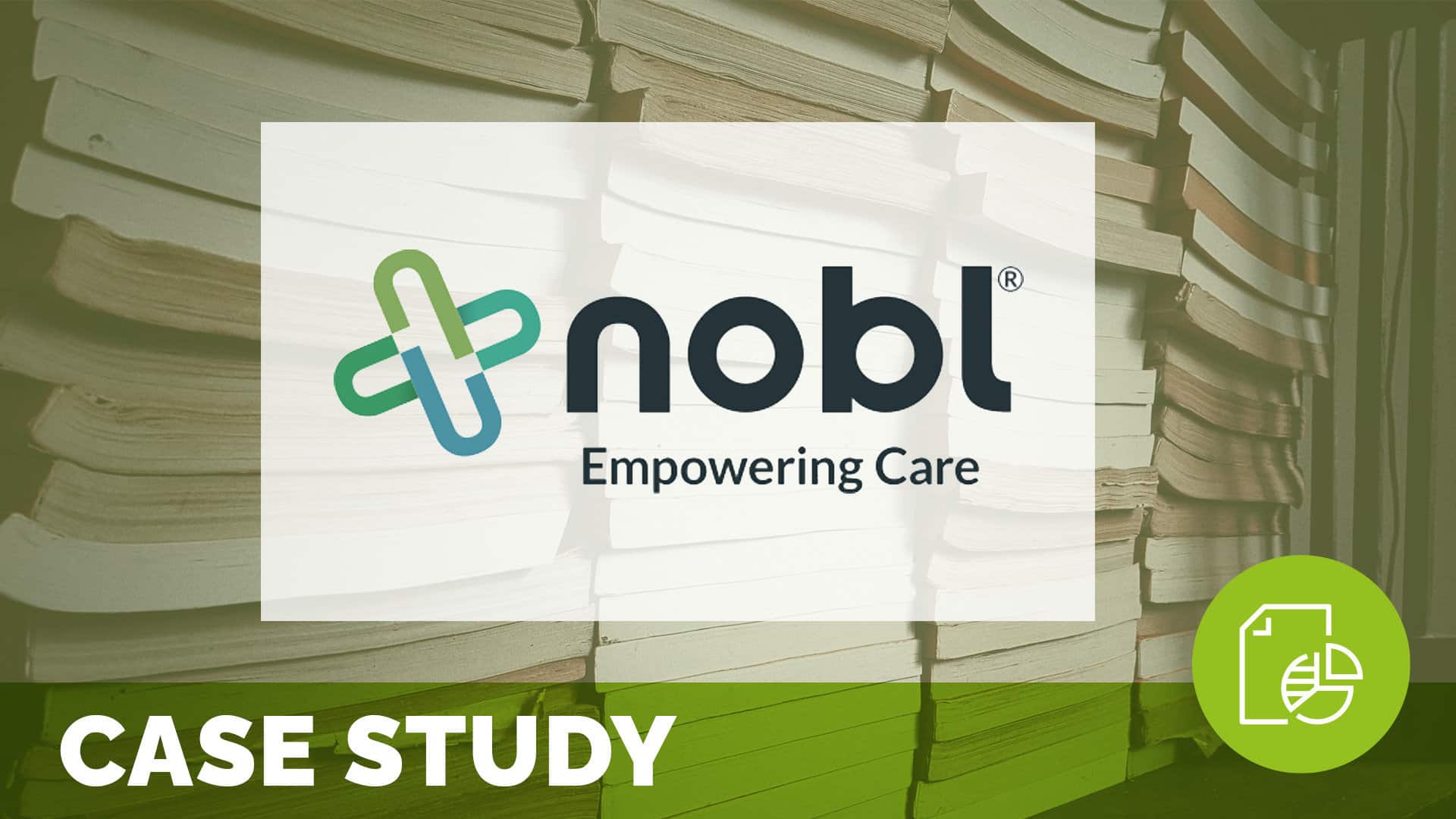Co-production of the quality of patient-centered outcomes research partnerships instrument for people with mental health conditions

Mounting scientific evidence over the past decades in the field of psychiatry has shown community engagement in research produces more relevant research, increased uptake of research findings, and better clinical outcomes. Despite the need for the integration of community engagement methodologies into the scientific method, doctoral and master’s level competencies in the field of psychiatry commonly do not include dedicated training or coursework on community engagement methodologies. Without appropriate training or research experience, attempts to facilitate community engagement are often ineffective and burdensome and leave stakeholders feeling disenfranchised. The goal of this study was to co-produce an instrument designed to improve the quality of community engagement research practices by measuring the degree to which researchers have partnered with psychiatric patient stakeholders. The development of the Quality of Patient-Centered Outcomes Research Partnerships Instrument included an iterative co-production process with psychiatric patient stakeholders and scientists, including item formulation, followed by two phases of cognitive interviews with psychiatric patient stakeholders to assess and refine instrument items. A pilot study was conducted to assess acceptability and feasibility. The pilot study of the Patient-Centered Outcomes Research Partnerships Instrument suggested feasibility and acceptability among psychiatric patient stakeholders. The Quality of Patient-Centered Outcomes Research Partnerships Instrument may be a valuable tool to enhance the quality of community engagement research practices within the field of psychiatry.
Related content
-
 Innovation & Technology
Innovation & TechnologyA More Human Way to Listen, Understand, and Improve
Join NRC Health and Hackensack Meridian Health in this webinar and learn how to make healthcare experiences more human for everyone. Liz Paskas, SVP, Chief Patient Experience & Performance Improvement Officer of Hackensack Meridian, will share how the organization is leveraging emerging technologies and modern techniques to create a more holistic picture of their patients,
Learn more -
 Innovation & Technology
Innovation & TechnologyIncreasing Patient Safety with a Digital Hourly Rounding Solution
In this case study, read about how Bryan Medical Center moved from an outdated paper-based hourly rounding process to an innovative digital solution.
Learn more -
 Innovation & Technology
Innovation & TechnologyOpportunities and Challenges for E-health in Hip and Knee Arthroplasty – A Summary of Recent Literature Review
Introduction: The integration of health technologies and e-health into health education is becoming increasingly used. Objective: To identify the e-health challenges and opportunities related to hip and knee arthroplasty patient care. Methods: A narrative literature review was conducted. Results: Included 13 primary studies on teleconsultation and the use of digital applications to support patients undergoing knee or hip
Learn more
